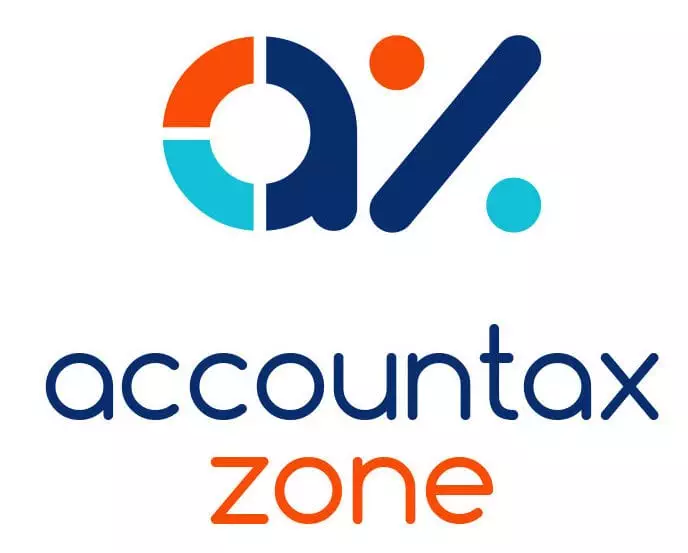A taxpayer may have grounds for appealing a penalty if they have a reasonable excuse for missing a filing or payment deadline. However, it is important to realise that the appeal will only succeed if HMRC accepts that the excuse is indeed reasonable. In this regard, the bar is set high.
The first point to note is that there is no statutory definition of ‘reasonable excuse’. Whether a person has a reasonable excuse depends on the circumstances in which the failure to meet the obligation occurred, as well as the circumstances and the abilities of the person who failed to meet the obligation. Consequently, what might be a reasonable excuse for one person may not be a reasonable excuse for someone else.
HMRC’s approach
In determining whether an excuse is ‘reasonable’, HMRC’s approach is to look at what a reasonable person with the same attributes and abilities who wanted to comply with their tax obligations would have done in the same circumstances. A reasonable excuse is one that stops a taxpayer from meeting their obligations for a valid reason. In guidance published on the Gov.uk website, HMRC provides the following examples of reasons for a failure to comply which may be accepted as constituting a reasonable excuse:
- The taxpayer’s partner or a close relative died shortly before the tax return or payment deadline.
- The taxpayer had an unexpected stay in the hospital, which prevented them from dealing with their tax affairs.
- The taxpayer had a serious or life-threatening illness.
- The taxpayer’s computer or software failed while they were preparing their return online.
- The taxpayer experienced issues with HMRC’s online services.
- The taxpayer was prevented from completing their tax return because of a flood, a fire or a theft.
- The deadline was missed due to postal delays which the taxpayer could not have predicted.
- The delay related to a disability or a mental illness which the taxpayer has.
- The taxpayer was unaware of or misunderstood their legal obligations.
- The taxpayer relied on someone else to do their return and they failed to do so.
Where the taxpayer has a reasonable excuse for missing a filing deadline or making a payment, they should rectify this as soon as they are able.
Unacceptable excuses
Like ‘the dog ate my homework’, HMRC does not accept the following excuses as providing a valid reason for missing a filing deadline or failing to make a payment on time:
- A cheque or payment bounces because the taxpayer did not have enough money in their account.
- Finding the HMRC system too difficult to use.
- Missing the deadline because a reminder was not received from HMRC.
- A mistake was made on the tax return.
Partner note:
HMRC Compliance Handbook at CH160200ff;










